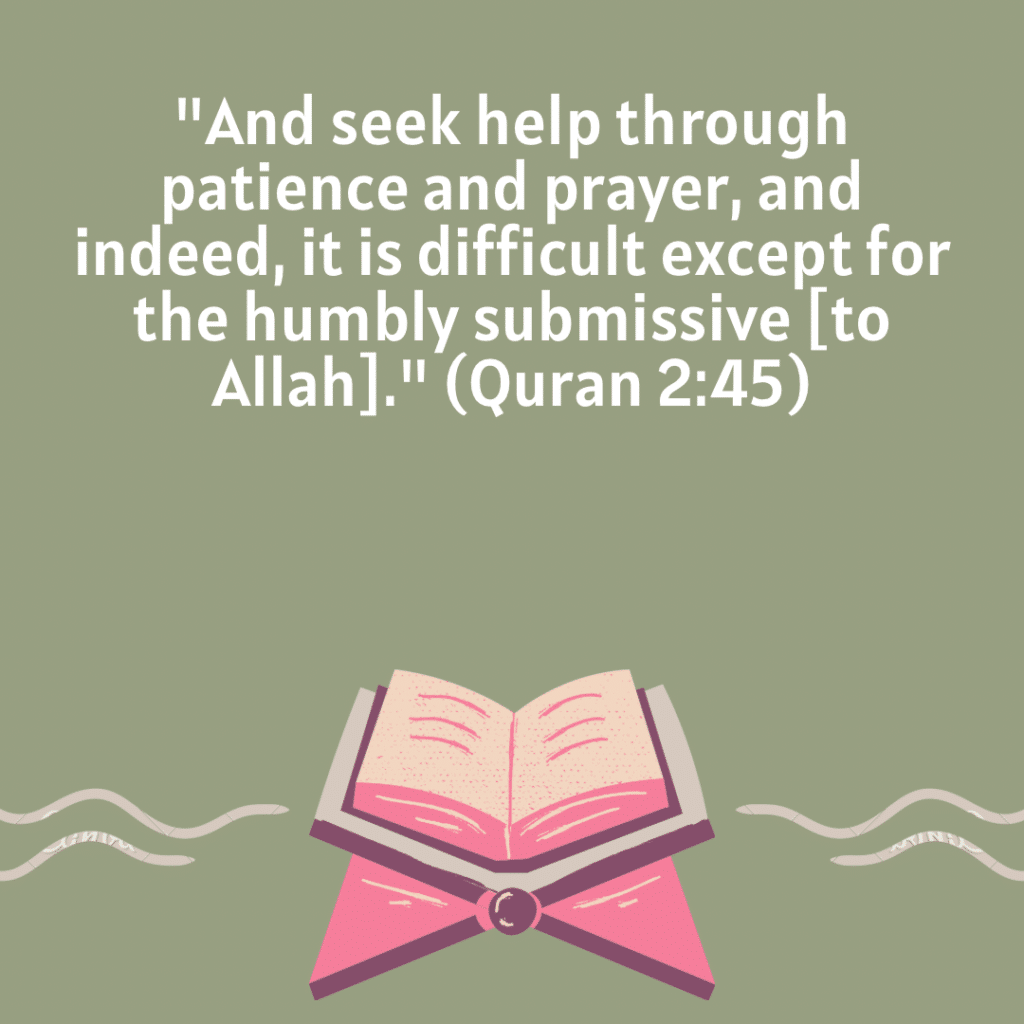Self-improvement is a universal aspiration, transcending cultural and religious boundaries.
In Islam, the pursuit of self-improvement is not only encouraged but deeply rooted in the faith’s teachings.
Muslims believe that by enhancing their character and spirituality, they can draw closer to Allah and lead a more fulfilling life.
This article explores the principles and practices of self-improvement in Islam, shedding light on how this faith guides individuals towards personal growth and moral development.
1 – The Foundation: Tawbah (Repentance)
Self-improvement in Islam often begins with Tawbah, the act of repentance.
Muslims believe that acknowledging one’s mistakes and seeking forgiveness from Allah is essential to cleanse the soul and start anew.
This process of self-reflection and remorse lays the foundation for personal growth.

2 – The Importance of Intentions: Niyyah
In Islam, intentions matter greatly. Every action is judged by its underlying intention (Niyyah).
Muslims are encouraged to purify their intentions, ensuring that their actions are solely for the sake of Allah.
This emphasis on sincerity fosters self-awareness and mindfulness in daily life.

3 – Prayer and Spirituality
The five daily prayers (Salah) are a cornerstone of a Muslim’s life.
Beyond their religious significance, these moments of devotion provide opportunities for reflection, gratitude, and connection with the Divine.
Regular prayer helps individuals maintain a spiritual connection and develop discipline.

4 – Self-Discipline: Fasting (Sawm)
Fasting during the holy month of Ramadan is another way Muslims practice self-discipline and self-control.
By abstaining from food, drink, and other physical needs from dawn until sunset, individuals learn patience, empathy for the less fortunate, and the importance of self-restraint.
There are also many sunnah fasts that Muslims can practice throughout the year for additional reward.

5 – Charity and Generosity: Zakat and Sadaqah
The concepts of Zakat (mandatory almsgiving) and Sadaqah (voluntary charity) instill a sense of compassion and generosity in Muslims.
These acts of giving not only benefit those in need but also purify the giver’s wealth and heart, encouraging selflessness and gratitude.

6 – Continuous Learning: Seeking Knowledge (Ilm)
Islam places a strong emphasis on knowledge and encourages lifelong learning. Seeking knowledge is seen as a form of worship.
Muslims are encouraged to learn and apply both religious and secular knowledge for the betterment of themselves and society.

7 – Self-Reflection and Accountability
Regular self-assessment is essential for self-improvement. Islam encourages individuals to engage in Muhasabah, a practice of self-audit and accountability.
This process allows Muslims to identify areas of improvement and make necessary changes.

8 – Respect for Others: Adab and Akhlaq
Islamic teachings emphasize good manners (Adab) and morality (Akhlaq). Muslims are encouraged to treat others with respect, kindness, and fairness.
These virtues not only improve one’s character but also contribute to a harmonious society.

9 – Patience in Adversity: Sabr
Patience (Sabr) is a virtue highly praised in Islam. It is through patience that individuals can endure hardships and setbacks with grace and resilience.
Developing patience is considered a form of self-improvement.

10 – Community and Brotherhood/Sisterhood
Being part of a supportive Muslim community is crucial for self-improvement. Fellow Muslims often serve as sources of inspiration, guidance, and encouragement on the journey of self-betterment.

In Islam, self-improvement is a continuous journey that intertwines faith, spirituality, and morality. By practicing Tawbah, nurturing sincere intentions, and adhering to the principles of discipline, charity, and self-reflection, Muslims strive to enhance their character and draw closer to Allah.
The pursuit of self-improvement is not just a personal endeavor; it is a means to contribute positively to the wider community and society, in alignment with the teachings of Islam.
Ultimately, self-improvement in Islam is a path to both individual fulfillment and collective well-being.






